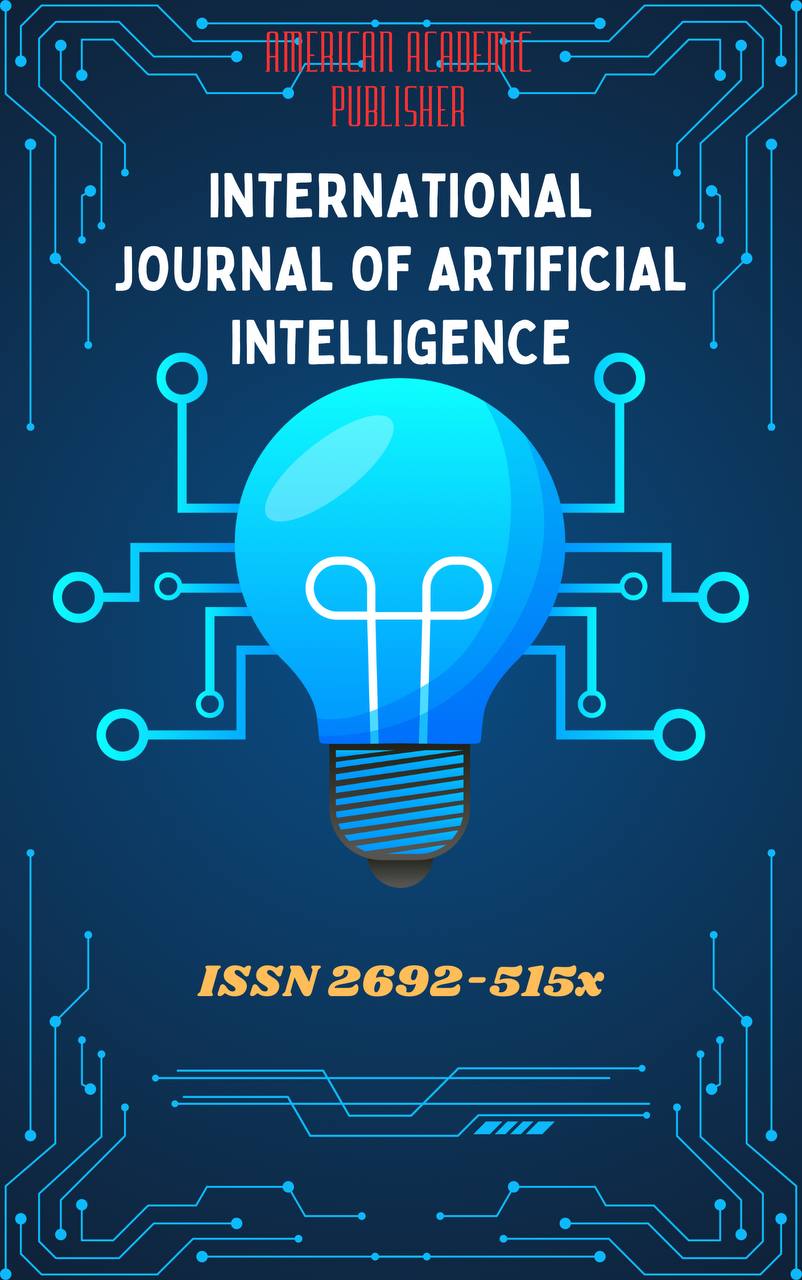 Articles
| Open Access |
Articles
| Open Access | CHALLENGES AND SHORTCOMINGS IN THE DEVELOPMENT OF METHODOLOGICAL SUPPORT AT VARIOUS STAGES OF HIGHER EDUCATION TRAINING
Kurbaniyazova Dinora Saparbayevna , Oriental University, Department of Languages IIAbstract
The process of preparing students in higher education institutions requires not only the transmission of knowledge but also the development of methodological support that ensures the effectiveness, consistency, and quality of the educational trajectory. Despite significant progress in modern pedagogy, a number of challenges and shortcomings remain in the design, implementation, and adaptation of methodological frameworks at different stages of university training. Early stages of preparation often lack comprehensive guidance materials that integrate theoretical foundations with practical application, resulting in fragmented student learning experiences. At intermediate stages, the issue of alignment between methodological tools and evolving academic requirements becomes evident, particularly in disciplines where rapid scientific and technological changes demand continuous curricular updates. In the final stages of training, deficiencies are observed in the integration of methodological resources that bridge academic knowledge with professional competencies, thereby limiting the readiness of graduates to transition smoothly into the labor market. Furthermore, insufficient feedback mechanisms, a lack of interdisciplinary approaches, and the uneven digitalization of methodological resources exacerbate these problems. Addressing these shortcomings requires a systemic approach that emphasizes continuous improvement of methodological design, collaboration between educators and researchers, and the incorporation of innovative technologies into the teaching process. This study highlights the pressing need for higher education institutions to reassess and refine their methodological support systems to ensure holistic student development and to meet the demands of contemporary professional practice.
Keywords
Higher education, methodological support, university training, pedagogical challenges, learning deficiencies, curriculum development, professional competencies, educational resources, digitalization in education, teaching methodology.
References
Anderson, L. W., & Krathwohl, D. R. (Eds.). (2001). A taxonomy for learning, teaching, and assessing: A revision of Bloom's taxonomy of educational objectives. Longman.
Barnett, R. (2000). Realizing the university in an age of supercomplexity. Open University Press.
Biggs, J., & Tang, C. (2011). Teaching for quality learning at university (4th ed.). McGraw-Hill Education.
Entwistle, N., & Peterson, E. (2004). Conceptions of learning and knowledge in higher education: Relationships with study behaviour and influences of learning environments. International Journal of Educational Research, 41(6), 407–428.
Halpern, D. F. (2014). Thought and knowledge: An introduction to critical thinking (5th ed.). Psychology Press.
Hodges, C., Moore, S., Lockee, B., Trust, T., & Bond, A. (2020). The difference between emergency remote teaching and online learning. Educause Review.
Knight, P. (2002). Being a teacher in higher education. Open University Press.
Laurillard, D. (2012). Teaching as a design science: Building pedagogical patterns for learning and technology. Routledge.
Means, B., Toyama, Y., Murphy, R., Bakia, M., & Jones, K. (2014). Evaluation of evidence-based practices in online learning: A meta-analysis and review of online learning studies. U.S. Department of Education.
OECD. (2019). OECD Skills Outlook 2019: Thriving in a digital world. OECD Publishing.
Ramsden, P. (2003). Learning to teach in higher education (2nd ed.). RoutledgeFalmer.
Shulman, L. S. (2005). Signature pedagogies in the professions. Daedalus, 134(3), 52–59.
Tight, M. (2020). Student retention and engagement in higher education. Routledge.
Yorke, M. (2006). Employability in higher education: What it is – what it is not. Higher Education Academy.
Article Statistics
Downloads
Copyright License

This work is licensed under a Creative Commons Attribution 4.0 International License.

